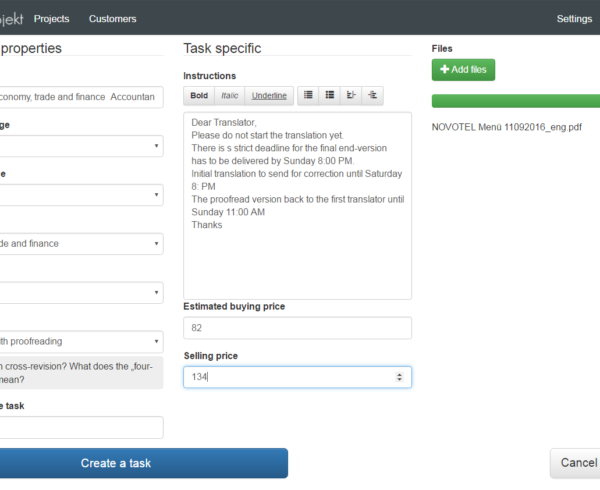A very interesting article has been published on iflscience.com: it is about researches showing the language you speak actually changes your view of the world. It is even more exciting when it comes to bi- or multilingual people…
One of these researches has been published in Psychological Science. In this research scientists studied German-English bilinguals and monolinguals to find out how different language patterns affected how they reacted in experiments. So they showed these bilinguals video clips of events with a motion in them, and found that a monolingual German speaker tends to describe the action but also the goal of the action. So they would tend to say “A woman walks towards her car” or “a man cycles towards the supermarket”. English monolingual speakers would simply describe those scenes as “A woman is walking” or “a man is cycling”, without mentioning the goal of the action. The worldview assumed by German speakers is a holistic one – they tend to look at the event as a whole – whereas English speakers tend to zoom in on the event and focus only on the action.
And here comes the explanation of it: the linguistic basis of this tendency appears to be rooted in the way different grammatical tool kits situated actions in time. English requires its speakers to grammatically mark events that are ongoing, by obligatorily applying the –ing morpheme: “I am playing the piano and I cannot come to the phone” or “I was playing the piano when the phone rang”. German doesn’t have this feature.
And this will really make you say “Wow!” – When it came to bilingual speakers, they seemed to switch between these perspectives based on the language context they were given the task in. We found that Germans fluent in English were just as goal-focused as any other native speaker when tested in German in their home country. But a similar group of German-English bilinguals tested in English in the United Kingdom were just as action-focused as native English speakers.
Another huge advantage of speaking languages is: you can make better financial decisions in your second language – another study found. Apparently, in contrast to one’s first language, the second language tends to lack the deep-seated, misleading affective biases that unduly influence how risks and benefits are perceived.
See? The language you speak in really can affect the way you think! You are lucky to be freelance translators – make an advantage of it!
5








